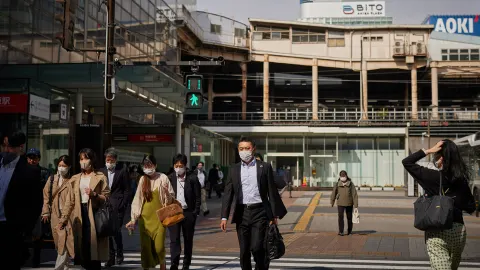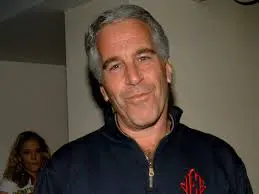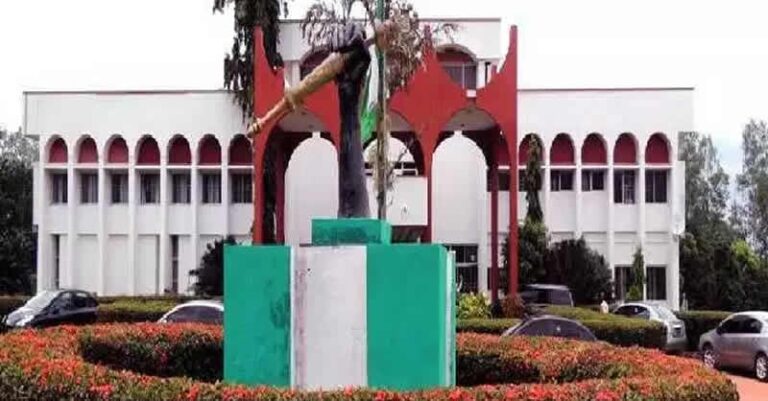
Hong Kong —Japan’s workers still aren’t getting paid enough to keep up with rising prices. That’s hurting living standards and creating a major headache for the country’s new central bank chief as he marks his first week on the job.
Adjusted for inflation, wages slipped 2.6% in February, compared to the same month a year earlier, according to government data released last week. That marked nearly a year -— 11 straight months — of declines despite a major campaign by Prime Minister Fumio Kishida to hike compensation.
Economists say the issue will likely continue to dog the Bank of Japan’s new governor, Kazuo Ueda, who took the helm over the weekend and is facing pressure to do away with the ultra-loose monetary policy of his predecessor, Haruhiko Kuroda.
With inflation hitting 3.1% in February, above the central bank’s 2% target, it should be time for the the BOJ to end its massive stimulus program.
But, consumer prices are mainly being driven higher by rising import costs, rather than strong domestic demand. That means it’ll be tough for Ueda to hike interest rates, especially as living standards aren’t rising either.
Ueda’s predecessor was the main architect of aggressive, “bazooka” style stimulus measures intended to boost Japan’s economy after decades of stagnation. Kuroda’s signature ultra-easy monetary policy has been criticized for distorting markets, even as it succeeded in weakening the yen and boosting exports.
Any move to ditch it, though, could risk more problems, if conditions aren’t right.
If Ueda tightens monetary policy before solid and steady growth is achieved, it would end up cooling demand and damaging the economy. That’s why robust growth in wages must be established before the BOJ can start hiking rates, according to economists.
“The stagnant wage rise will leave Ueda no choice but to maintain the short-term [interest] policy rate at effectively zero in the coming years,” said Shigeto Nagai, head of Japan economics at Oxford Economics. “What he will do in the coming months is to simply make the super-easy policy more sustainable.”
Prime Minister Kishida has been urging businesses to help workers keep up with higher living costs. The issue of stagnant wages could improve this year, as companies heed the call to raise salaries in response to inflation.
Copied From CNN






